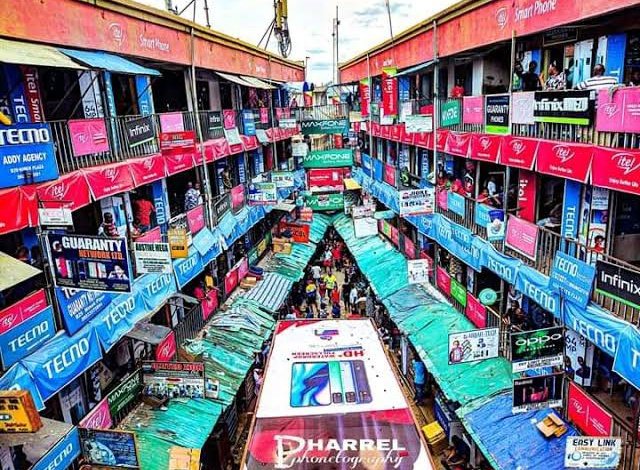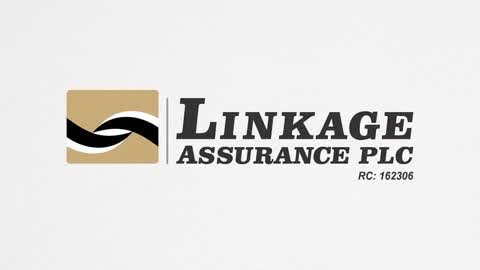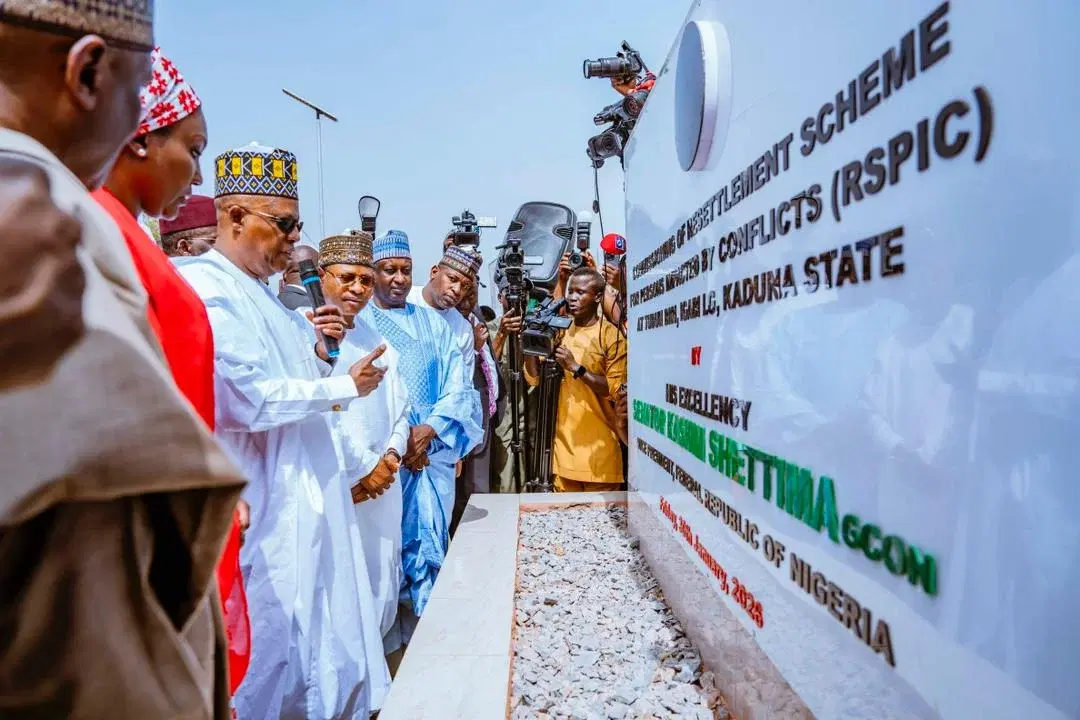The Federal Government has detained five fuel tankers and sealed three filling stations in border cities, as part of efforts to combat the smuggling of Premium Motor Spirit, also known as petrol, from Nigeria to neighboring nations, according to The PUNCH.
According to a report released on Sunday, the Federal Government’s sustained anti-smuggling activities through the Nigeria Customs Service have reduced petroleum supply to several border communities from 32 million litres per day to roughly 25 million within two months.
This suggests that around 420 million litres of PMS valued at N294 billion (at an average price of N700 per litre) did not reach the border states during the period.
The Nigerian National Petroleum Company Limited confirmed that the detained fuel tankers and sealed filling stations had been turned over to the Nigerian Midstream and Downstream Petroleum Regulatory Authority for further examination.
He also debunked the rumours that over 1,800 fueling stations in the North had been closed in protest of the NCS’s ongoing anti-smuggling operations.
When asked if the service was still carrying out its anti-smuggling operations against fuel smuggling, Maiwada replied, “The NCS is still carrying out its anti-smuggling operation effectively and continuously. Five fuel tankers were detained on the suspicion of product diversion which could be subsequently smuggled out of the country.”
Maiwada denied claims that the tankers were released to members of the Independent Petroleum Marketers Association of Nigeria owing to IPMAN pressure, stating that the trucks were turned over to the oil sector’s downstream regulator.
“During the visit, Kyari particularly commended the rapid impact of the NCS’ ‘Operation Whirlwind’ in reducing the smuggling of petrol across Nigeria’s border communities, with PMS evacuation to border states now decreasing from 32 million litres per day to about 25 million litres within just two months.
“Both parties pledged to strengthen collaboration in sustaining the onslaught against cross-border smuggling, to attain Nigeria’s energy security.”
It was earlier reported in June that the Federal Government had raised concerns about fresh petrol smuggling following a huge increase in the commodity’s pump price in bordering countries.
It added that while the average price of petrol in Nigeria was around N701/litre, the average cost of the product in bordering countries was N1,787/litre, resulting in increased PMS smuggling out of Nigeria in the last two weeks.
The Comptroller-General of the Nigeria Customs Service, Adewale Adeniyi, declared at a news conference in Yola that the NCS must collaborate with the Office of the National Security Adviser to combat the scourge.
Adeniyi had said, “Today, we are here to update members of the public on the strategic efforts of the Nigeria Customs Service in addressing the critical issue of fuel smuggling through the recently launched Operation Whirlwind, under the auspices of the Office of the National Security Adviser.
“About a year ago, the Federal Government boldly decided to remove the fuel subsidy. This crucial step was aimed at freeing up substantial funds that could be redirected to other productive sectors of the economy, reducing pressure on our foreign exchange reserves, and diversifying economic growth.
“The immediate impact was an upward adjustment in fuel prices to reflect current realities. Despite the inflationary pressures and financial strain on households, particularly those with lower incomes, comparative studies still show that fuel prices in Nigeria remain the cheapest compared to other countries in the West and Central African region.”
Furthermore, Adeniyi said, “While PMS is sold at an average of N701.99 in Nigeria, it is sold at an average of N1,672.05 in the Republic of Benin and N2,061.55 in Cameroon. In other countries around the region, the price of PMS ranges from N1,427.68 in Liberia to N2,128.20 in Mali, averaging N1,787.57, according to the fuel price data obtained from opensource.”
The customs head said that, while this comparative price advantage benefited Nigerian nationals, it also created a financial incentive for smuggling PMS out of Nigeria, where prices were two to three times higher.
He cited data from the Nigeria National Midstream and Downstream Petroleum Regulatory Authority that showed the average daily evacuation of PMS to various states in Nigeria.










